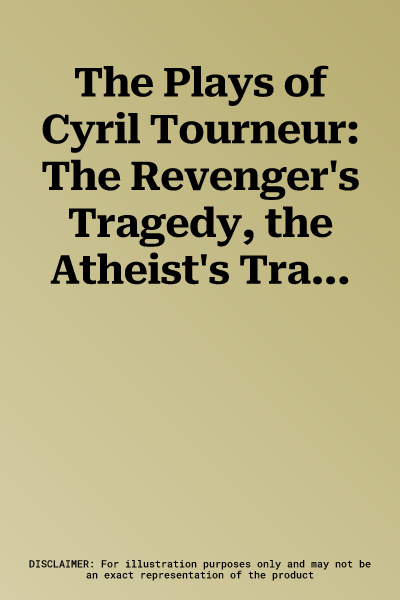The Plays of Cyril Tourneur: The Revenger's Tragedy, the Atheist's TragedyHardcover, 31 May 1978

Temporarily out of stock
Free Delivery
Cash on Delivery
15 Days
Free Returns
Secure Checkout

Part of Series
Plays by Renaissance and Restoration Dramatists
Part of Series
Cambridge South Asian Studies
Print Length
198 pages
Language
English
Publisher
Cambridge University Press
Date Published
31 May 1978
ISBN-10
0521216974
ISBN-13
9780521216975
Description
Product Details
Book Format:
Hardcover
Date Published:
31 May 1978
ISBN-10:
0521216974
ISBN-13:
9780521216975
Language:
English
Location:
Cambridge
Pages:
198
Publisher: